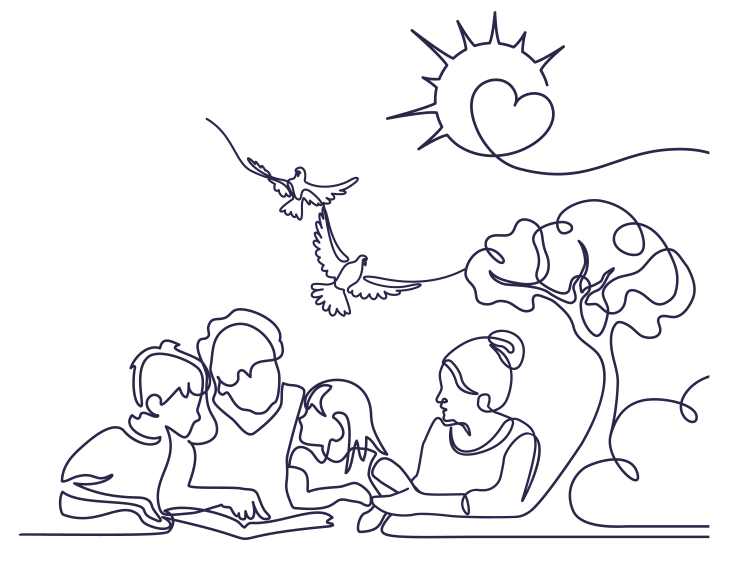Compensation
What is the total amount of Compensation the Government of Canada will pay?
In the final settlement agreement negotiated between the AFN, Moushoom/Trout and the Government of Canada, a total of $20 billion has been agreed to for compensating individuals who have been discriminated against in the FNCFS Program and Jordan’s Principle.
Do I qualify for compensation, and if I do how much will I get?
The compensation amount is determined by the final settlement agreement, which is subject to approval by the CHRT and Federal Court of Canada. There are four broad groups of people who qualify for compensation:
Children taken into care:
First Nations individuals who, at any time during the period between April 1, 1991 and March 31, 2022, while they were under the Age of Majority, were removed from their home by child welfare authorities or voluntarily placed into care, and whose placement was funded by ISC, were Ordinarily Resident on a Reserve or were living in the Yukon, but excluding children who lived in a Non-paid Kin or Community Home through an arrangement made with their caregivers and excluding individuals living in the Northwest Territories at the time of removal.
Jordan’s Principle:
All First Nations individuals who, during the period between December 12, 2007 and November 2, 2017, did not receive from Canada (whether by reason of a Denial or a Service Gap) an Essential Service relating to a Confirmed Need, or whose receipt of said Essential Service relating to a Confirmed Need was delayed by Canada, on grounds, including but not limited to, lack of funding or lack of jurisdiction, or as a result of a Service Gap or jurisdictional dispute with another government or governmental department while they were under the Age of Majority.
Trout Class:
First Nations individuals who, during the period between April 1, 1991 and December 11, 2007, while they were under the Age of Majority, did not receive from Canada (whether by reason of a Denial or a Service Gap) an Essential Service relating to a Confirmed Need, or whose receipt of said Essential Service was delayed by Canada, on grounds, including but not limited to, lack of funding or lack of jurisdiction, or as a result of a Service Gap or jurisdictional dispute with another government or governmental department.
Family Class:
Individuals who are the primary caregiver of:
a) a member of the Removed Child Class at the time of removal;
b) a member of the Jordan’s Principle Class at the time of delay, denial or service gap; and/or
c) a member of the Trout Class at the time of delay, denial or service gap.
When will I get compensation?
Compensation is not currently available. A motion to approve the settlement is currently scheduled to be heard for at the Federal Court of Canada in September of 2022. After this, the Federal Court will need to approve a distribution protocol in December 2022, which will outline specifics on who will be eligible for compensation and how they can apply, among other details.
How can I apply to get compensation?
There is no application process at this time. Details on the compensation process and application form will be shared following Federal Court approval of the final settlement agreement and the distribution protocol.
When will a person who qualifies but is under the age of majority, receive compensation?
A person will only receive compensation after they reach the age of majority. The amount and method of determining individual compensation and the process to qualify will be finalized once approved by the Federal Court of Canada.
How will Survivors be supported if the compensation process is difficult for them?
The Government of Canada has agreed to pay for mental wellness supports, such as counselling, for Survivors as they go through the compensation process. This will be funded separately from the $20 billion for compensation.
The AFN has also worked to secure other types of support in the final settlement agreement, including:
- culturally appropriate health and wellness services
- counselling on financial literacy, including saving and investing; and
- helping youth who are aging out of the FNCFS Program reconnect with their First Nation.
Will the Assembly of First Nations be distributing compensation?
The AFN will not be distributing compensation. Distribution will be managed by an independent Administrator, as approved by the Federal Court of Canada.



